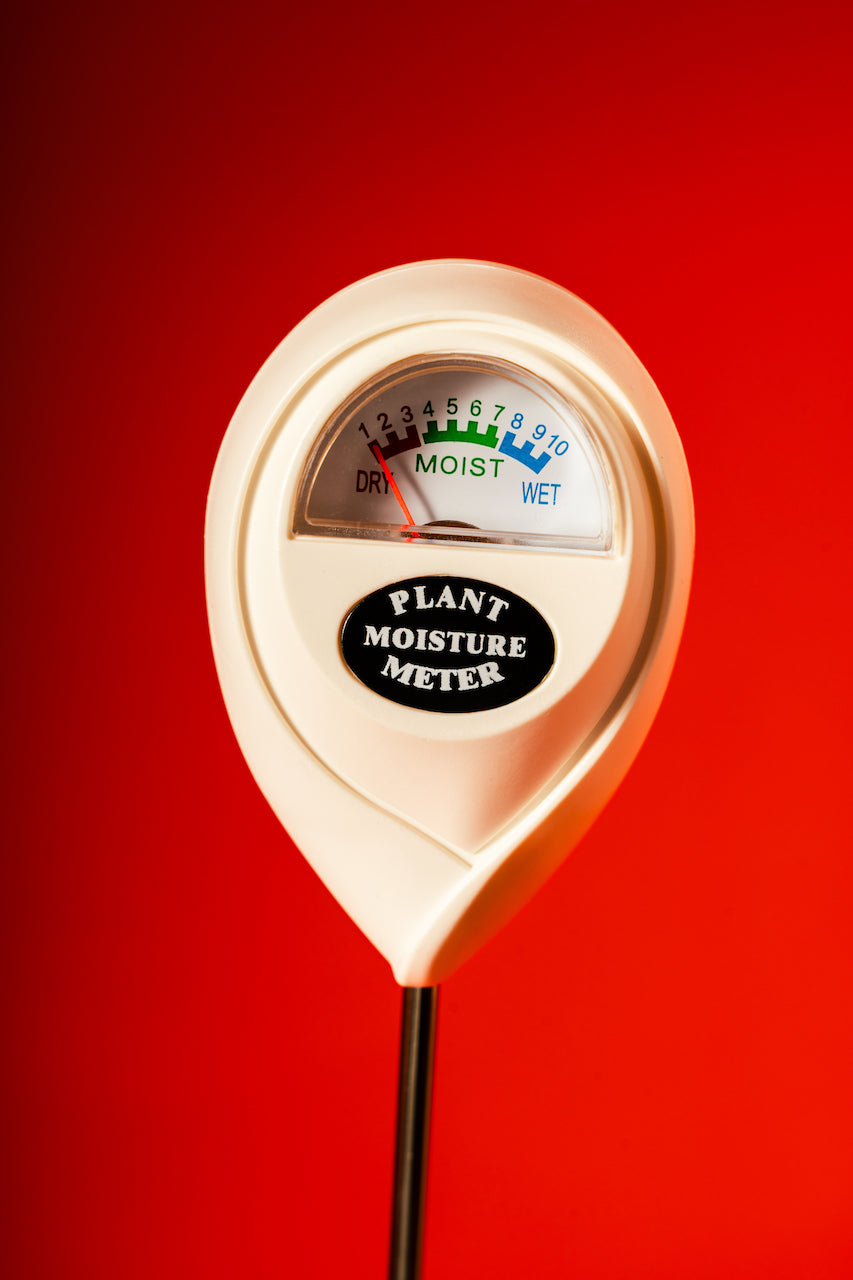Understanding the Different Types of Moisture Meters and Their Applications
Understanding the Different Types of Moisture Meters and Their Applications
Blog Article
The Ultimate Guide to Dampness Meters: A Comprehensive Review and How They Can Conserve You Money
Wetness meters serve as vital tools in finding and keeping track of moisture web content in materials, assisting in avoiding expensive damages and making certain the high quality of products. Recognizing the nuances of various types of wetness meters, their applications, and the potential cost-saving benefits they supply can be a game-changer for experts and organizations alike.
Sorts Of Dampness Meters
One typical type is the pin-type dampness meter, which determines the electric resistance in between two pins placed right into a material. Pinless wetness meters, on the other hand, use electromagnetic sensor plates to check a bigger location without creating damages to the product's surface.

Infrared moisture meters determine the thermal residential or commercial properties of a product to establish its dampness content non-invasively, making them helpful for applications where pin or pinless meters might not be ideal. Recognizing the various kinds of moisture meters offered can assist sectors choose the most proper tool for their details dampness measurement needs.

Advantages of Using Wetness Meters
Dampness meters use vital advantages in properly assessing and keeping an eye on wetness degrees in varied materials and atmospheres. One of the primary benefits of making use of dampness meters is the avoidance of potential damage triggered by excess wetness.
In addition, using dampness meters can lead to increased energy effectiveness. In agricultural settings, wetness meters play an important duty in maximizing crop yields by enabling farmers to monitor soil dampness levels and make educated irrigation decisions.
Exactly How to Choose the Right Wetness Meter
When selecting a wetness meter, it's crucial to guarantee that the meter is suitable for the particular material you will be screening. Different products have varying electric buildings that can influence moisture analyses, so picking a meter made for your material is vital for exact outcomes. By thoroughly evaluating these elements, you can choose a moisture meter that fulfills your requirements and offers accurate wetness measurements for your tasks.
Appropriate Strategies for Moisture Meter Usage

Price Savings Via Wetness Meter Applications
Exactly how can the strategic use of moisture meters result in significant cost financial savings across different markets? Wetness meters play a crucial role in price financial savings by preventing prospective damage and making certain quality assurance in various sectors. In the agriculture sector, dampness meters help in establishing the optimal time for gathering plants, avoiding over-drying or excess moisture that can affect the end product's high quality. This specific tracking assists farmers stay clear of unneeded losses and optimize their yield.
In a similar way, in building and construction, dampness meters assist stop pricey damages by spotting wetness degrees in structure products, such as wood or concrete, which can cause structural problems otherwise attended to promptly. By recognizing trouble areas early on, service providers can take restorative procedures to stay Homepage clear of comprehensive repairs or replacements, inevitably conserving time and cash.
Moreover, in the food processing industry, moisture meters are vital for keeping track of product high quality and guaranteeing conformity with security regulations. By accurately measuring moisture content in food, makers can avoid wasting, preserve quality, and lower waste, causing substantial cost financial savings. On the whole, the critical application of moisture meters is a valuable financial investment that click here for info can lead to significant price reductions and improved efficiency throughout numerous industries.
Conclusion
In final thought, moisture meters are beneficial tools for detecting and measuring moisture degrees in various products. By utilizing the appropriate wetness meter and following correct methods, customers can effectively stop expensive damages created by excess dampness.
Moisture meters offer as important devices in discovering and monitoring moisture web content in materials, helping in protecting against expensive damages and guaranteeing the quality of products. Infrared moisture meters determine the thermal homes of a product to determine its moisture content non-invasively, making them beneficial for applications where pin or pinless meters may not be suitable.Wetness meters provide important advantages in accurately keeping track of and examining dampness degrees in diverse materials and atmospheres. In agricultural setups, dampness meters play a crucial role in enhancing crop yields by site link allowing farmers to check dirt dampness degrees and make educated watering choices.In conclusion, moisture meters are valuable tools for determining and finding wetness degrees in numerous products.
Report this page